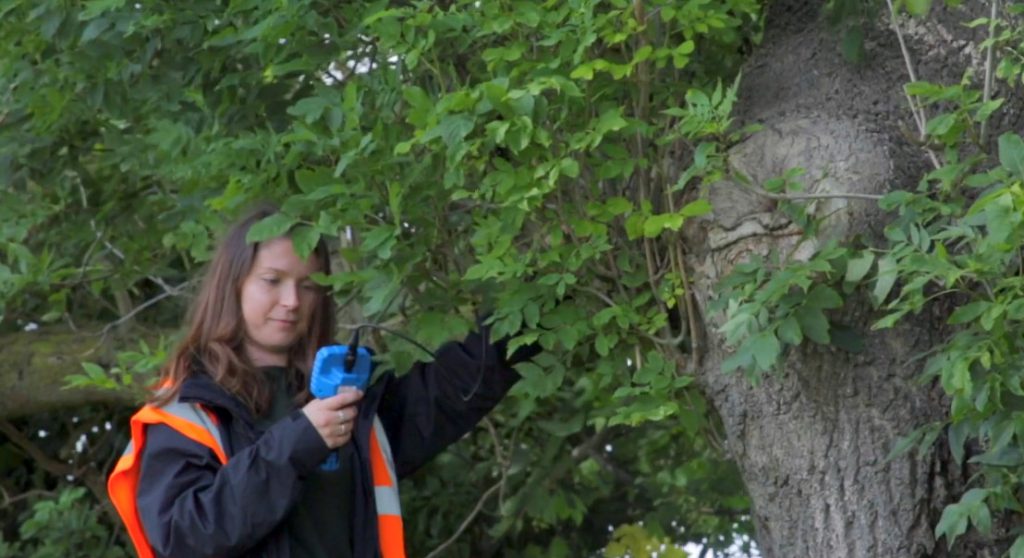Untouched Parts of Hampshire
Classed as 75% rural, Hampshire is formed from a collection of countryside areas and quintessential towns and villages. An estimated 21.8% of the county’s residents live in rural areas, equating to around 300,000 people. With so many vast rural locations across the county, developers looking to stage a planning project are drawn to Hampshire, and likewise, the local council aren’t opposed to parting with some of the untouched plots of land.
For example, a large portion of greenfield land in a Hampshire village was sacrificed by the local authorities in order to make way for more than 400 new homes. Residents and community groups, however, are actively opposing many of the major development proposals on untouched land, with hopes of stabilising the quality of the environment and local biodiversity by retaining as much valuable land as possible.
Aside from the potential obstructions that could be caused by the local council, community groups and individual residents, greenfield land poses other concerns. A benefit to undeveloped land is that no previous infrastructure will complicate the project, but as the land hasn’t been touched whatsoever, it could feature archaeological remains underground or on the surface.
Scope of Archaeology from the Local Council
Any presence of historic features on a development site calls for planning policies that prevent successful planning applications without evidence that the remains have been dealt with accordingly. It is also applicable for development sites with no historic features present, confirming to the local planning authority that the plot of land is clear and an application for planning consent can be granted.
The Hampshire County Council website shows consideration of archaeology with sections on local archaeology, historic environment record data, parks and gardens, relevant publications, settlements, and archaeological advice for planning. Archaeologists working on behalf of Hampshire County Council offer advice to applicants for planning conditions, archaeological contractors and local planning officers, and provide insights and expertise on planning policies, development management and planning applications.
Carrying an influence over planning decisions, it is important to meet the requirements of archaeologists working in partnership with Hampshire County Council. Developers can remove any concern of falling short of the local council’s strict planning policies by reaching out to an archaeological consultancy such as ours for an archaeology survey.
Analysis of Historic Remains
In the build-up to the physical inspection of the development site, the archaeological consultant will start the survey process by carrying out desk-based assessments to retrieve any existing information in regard to known historic features on the site and archaeological records that could suggest a level of historic value. A predetermined date will then act as the chosen opportunity for the archaeological surveyor to visit the development site for a surface survey and a geophysical survey.
Over the course of the on-site inspection, the surface survey will determine visible archaeological features above ground and the geophysical survey will gauge partly or completely hidden archaeological features below ground. Primarily, the archaeological consultant will run a ground penetrating radar (GPR) device over the site to discover potential historic remains within the ground. It does this by sending radio waves downwards, recording the time it takes for them to reflect back to the device, and noting any times a radio wave travels a shorter distance, suggesting that something is situated underground.
Findings from the assessment may lead the archaeological surveyor into excavating the site, and other techniques could include site discovery, walkovers, watching briefs and aerial photography. Additionally, contours, earthworks, proximity to the National Grid and the results of existing building surveys may be integrated. An archaeology report would then be created to display findings from the site and the survey, particularly in the eyes of the local planning authority, which will use the archaeology survey report as the basis for granting or denying applications for planning permission.
Consultant Archaeological Support
As the potential for archaeological features on a site can influence planning decisions in the eyes of the local council, listed historic sites and greenfield sites are put under the microscope before a planning application is granted. Following more than 15 years of providing a variety of surveys to private and professional clients up and down the UK, Arbtech is a preferred option when it comes to archaeology surveys for planning.
Call us directly, fill out an online quote form or consider one of our other communication options, and providing you give us accurate details about your site and project, we can send across a free quote that matches your unique specifications. Once you have selected a date for the assessment, one of our archaeological surveyors will attend your site for an archaeology survey, and help you to progress your project into future stages.


